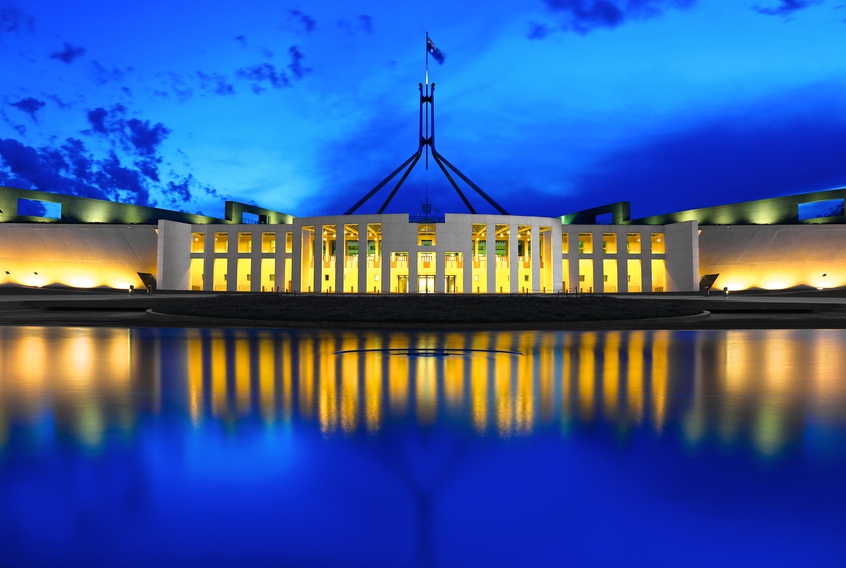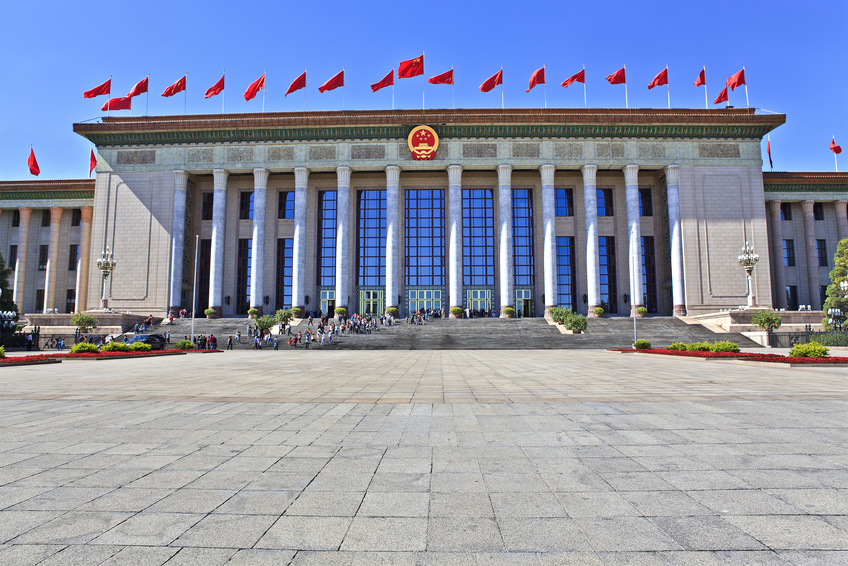In brief
The Malaysian Ministry of Housing and Local Government has announced that the request for proposal (RFP) for a waste-to-energy project in Sungai Udang, Malacca (“WtE Project“) will be released on 18 February 2021. Consistent with the previous RFP for the waste-to-energy project located in Bukit Payong that was issued in August 2020, the WtE Project will be carried out on a public-private partnership basis. We understand the WtE Project is near to a current sanitary landfill and the driver is to reduce waste disposal rate at the landfill.
The WtE Project is the second of the six proposed waste-to-energy projects that the federal government of Malaysia is planning to develop by 2021.
RFP Conditions
In order to participate in the WtE Project, bidders are required to meet the following conditions:
- at least 51% of the equity in the project company is owned by local Malaysian company;
- experience in solid waste management, including solid waste treatment facilities and landfills;
- experience in operating solid waste management facilities using technology akin to the technology stated in the RFP, with a minimum capacity of 800 metric tonnes-per-day;
- the proposed technology has a track record of at least 3 years; and
- the proposed technology can operate at least 8,000 hours a year.
Bidders are not required to attend a mandatory site visit and briefing session prior to the purchase of the RFP as compared to the approach taken for the Bukit Payong project. The RFP is available for purchase from 18 February 2021 to 10 March 2021 at a price of RM 10,000 from the office of the Department of National Solid Waste Management. The RFP submission will close on 10 May 2021.
Considerations for potential bidders
The following are some key issues that potential bidders should consider and be aware of in participating in the WtE Project:
- The concession agreement and power purchase agreement to be entered into by the project company with the respective counterparties are likely to be non-negotiable, an approach which is common in Malaysia for projects of such nature. Bidders should scrutinize the interface issues between the concession agreement and the power purchase agreement to assess the risks arising from the gaps between these two key project documents.
- Further, there may be bankability issues that may concern international financiers, for instance whether direct agreements with lenders are permitted and whether these agreements include or contain adequate termination payments and specific government force majeure relief. That said, local financiers are typically less adverse to such risks and are well placed to finance such projects.
- While there is no site acquisition risk as the site should be provided by way of land lease from the Government, the Government will not provide any study including on waste properties, ground conditions, soil investigation and power system studies so proper site studies and investigations should be conducted and given the restrictions in travelling in view of the COVID-19 pandemic, the use of local consultants should be preferred. Site risk, including underground risks, will likely be assumed by the project company even though the site might be owned by the federal government of Malaysia or relevant State government.
- There may also be resistance and challenges by various interested parties such as the local community and NGOs in relation to environmental, social and health issues. It is prudent to perform due diligence on the proximity of the site to residences and commercial buildings and to be prepared for community engagement to mitigate potential resistance and challenges in this regard.
- In view of the ongoing COVID-19 situation in Malaysia, bidders should take into account delays that could be caused by the movement restrictions on supply chain, including importation of materials and delays in production due to reduced operating capacity of plants, and construction activities. The specific force majeure provisions in the upstream project documents with the government and with downstream contractors will need to be carefully thought through on the extension of time of completion and/or cost relief regime allocation.
Click here to access the Chinese Version.





